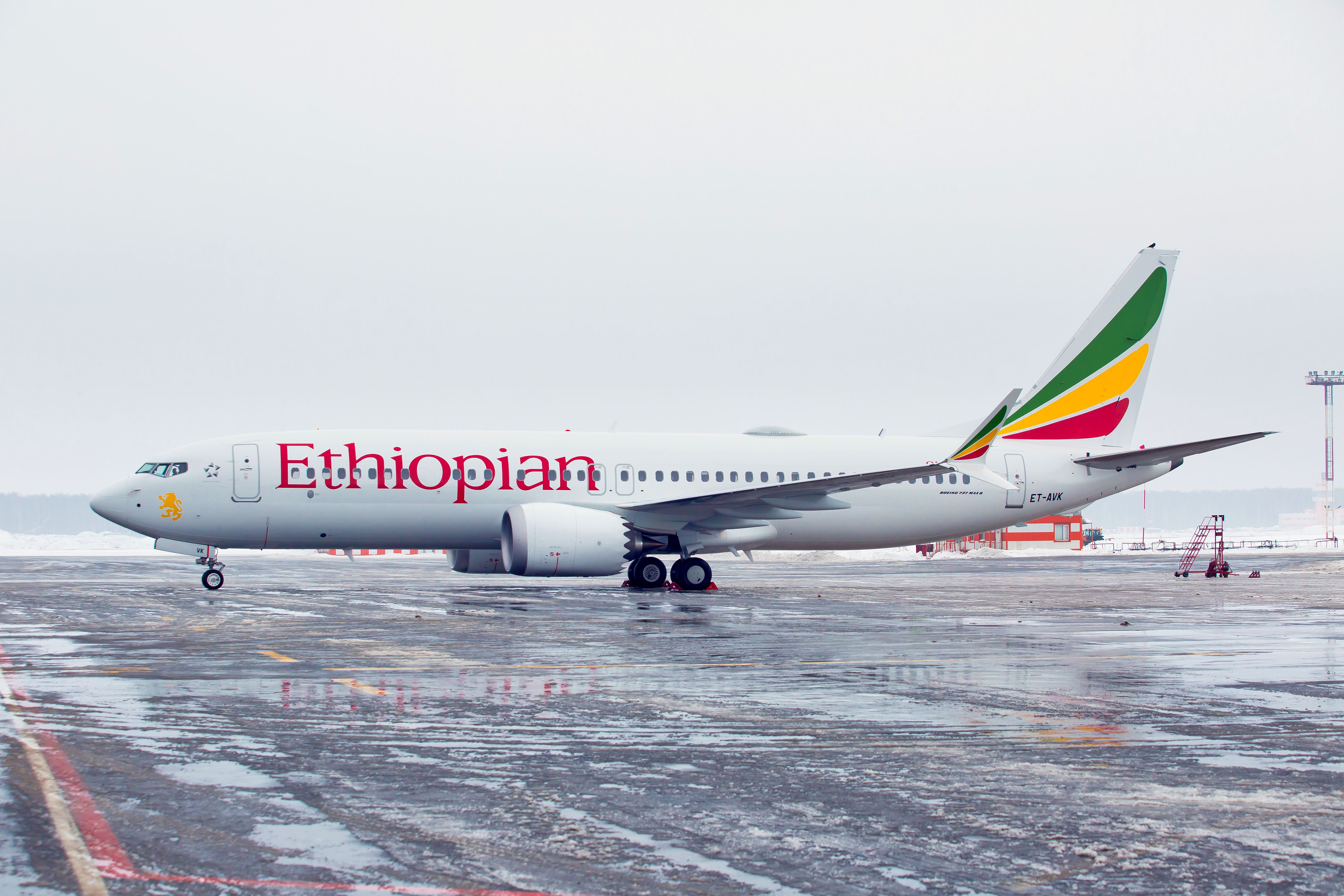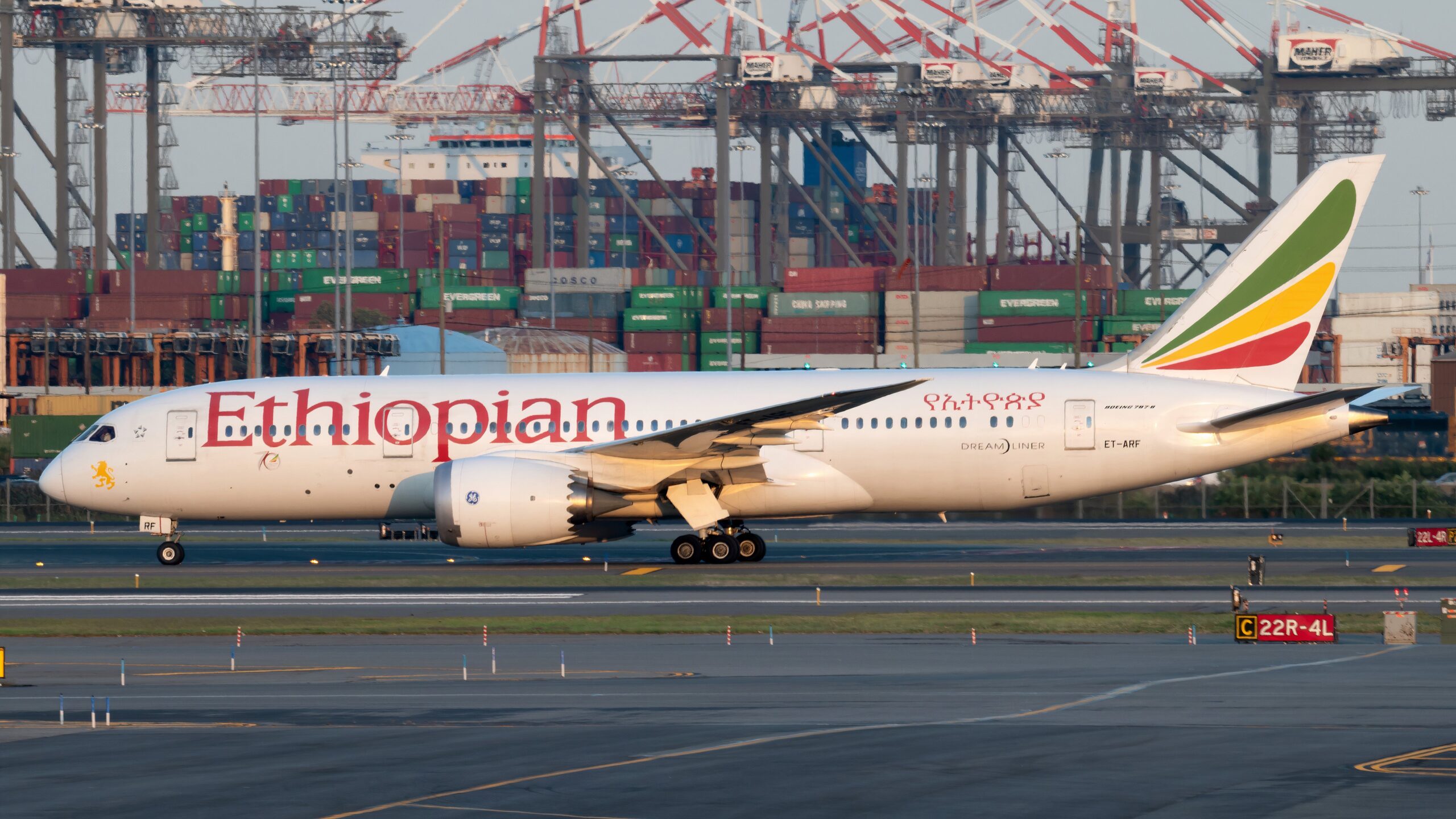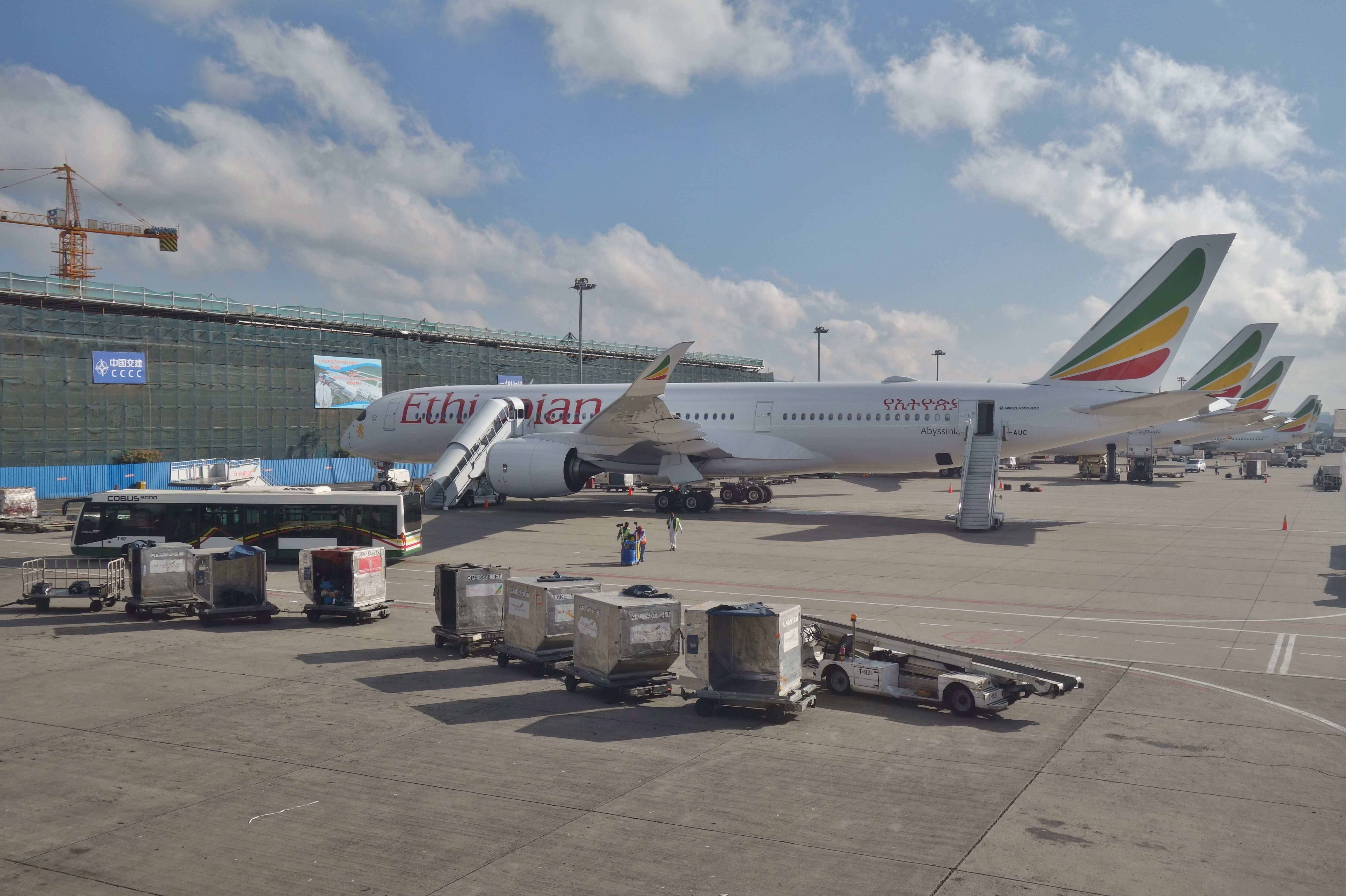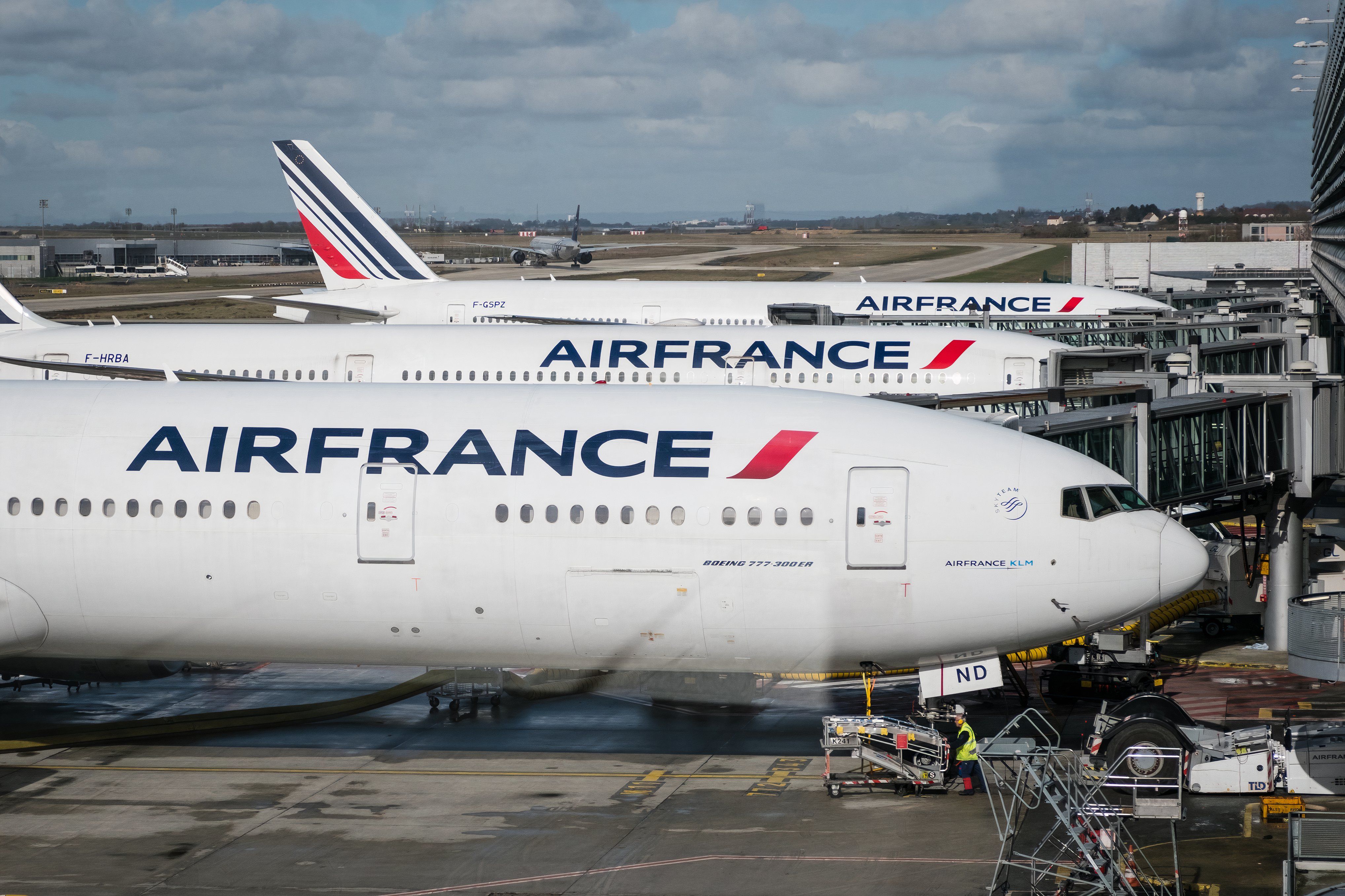Summary
- PETA representatives were detained in Ethiopia after planning a protest at Ethiopian Airlines’ headquarters.
- Ethiopian Airlines is under fire for shipping monkeys for research in labs in the US.
- Major airlines, including Air France, halted nonhuman primate shipments for research.
Two representatives of the animal rights organization People for the Ethical Treatment of Animals (PETA), together with an 11-year-old boy, were detained by Ethiopian authorities for over 24 hours after planning a protest against Ethiopian Airlines outside its headquarters in Addis Ababa. PETA has been campaigning against the airline to stop the shipment of monkeys across the Atlantic to the US.
Detained in Addis Ababa
PETA Asia Senior Vice President Jason Baker, his 11-year-old son, and PETA UK Campaign Leader Reuben Skeats were arrested in Addis Ababa on July 17 at about 18:30 local time. They were released on July 18 after spending about 24 hours at Legehar Police Station. According to PETA, the three were arrested at the Ethiopian Airlines ticket office on Churchill Road while scouting for a location to hold a protest.
Photo: LMspencer | Shutterstock
They planned to demonstrate against the airline while wearing prison uniforms and monkey masks outside the ET headquarters at Addis Ababa Bole International Airport (ADD) to demand the airline stop shipping endangered monkeys to the US. Speaking about his detention, Jason Baker said,
“We’ve been held here overnight simply for speaking up for monkeys who are suffering because Ethiopian Airlines ships them to laboratories in the US. The real crime is what’s being done to these monkeys. Being detained in a cell isn’t fun, but it’s nothing compared to what the monkeys just a few miles down the road at the airport are subjected to—which will only get worse when they’re imprisoned in US laboratories. I would do this again to help them.”
Baker had been on vacation with his son in Kenya. However, according to him, after hearing that Ethiopian Airlines had rejected calls to stop the shipments of long-tailed monkeys, he decided to cut the vacation short and travel to Addis Ababa to protest against the airline. While the airline’s wrongdoing has been argued, it remains one of the few commercial airlines transporting animals to laboratories. Ethiopian Airlines had not been available for comment at the time of publishing.

Related
Ethiopian Airlines MRO Gains Boeing 737 MAX CFM Leap 1B Engine Testing Capability
Ethiopian Airlines has achieved another African first!
Speaking up against Ethiopian Airlines
In May 2024, PETA said that it was launching a campaign against Ethiopian Airlines after the carrier reportedly flew 250 long-tailed macaques to an importer based in Florida who sells them for use in laboratory experiments. While Ethiopian has a thriving cargo division, the animals are transported in the bellyhold of its passenger aircraft.
Photo: EQRoy | Shutterstock
Last year, the carrier was cited by the US Department of Agriculture for multiple violations of animal protection laws, including the failure to provide adequate feeding and watering instructions for 336 monkeys shipped from Mauritius to Georgia in wooden crates. Federal citations also alleged that the airline imported 584 monkeys into the US without mandatory health certificates.
In 2022, Air France, along with Egyptair and Kenya Airways, announced that they would halt the shipment of nonhuman primates for animal testing and research. Air France’s decision aligned with its Corporate Social Responsibility, while Kenya Airways’ decision came after a truck carrying 100 long-tail Maccabees spilled on a Pennsylvania highway.
Transporting monkeys for research
Over the last decade, many major carriers, including United Airlines, vowed to stop transporting primates to or from medical research facilities. A PETA primate scientist argued that the transportation of these monkeys is “leading to the destruction of a species and the possible introduction of dangerous zoonotic pathogens to crew members and cargo handlers—as well as the American public.”
Photo: Hanohiki | Shutterstock
Following Air France’s policy change in 2022, the Executive Director of the European Animal Research Association (EARA) told Science that the global supply of primates for research had been drastically reduced following the outbreak of the COVID-19 pandemic. With many airlines stopping the shipment of primates, the dwindling supply of monkeys is often provided through charter flights, raising costs and limiting availability. At the time, EARA warned that the airline’s decision would further limit crucial research that relies on nonhuman primates.
With monkeys being more closely related to humans than other research animals, “Their immune systems and brains are better models for those in humans,” explained a neurophysiologist who uses monkeys to study blindness and memory. Monkeys are used for vaccine studies and are usually the final species before human testing. “Every [COVID-19] vaccine … was tested on nonhuman primates,” according to EARA Executive Director Kirk Leech.




